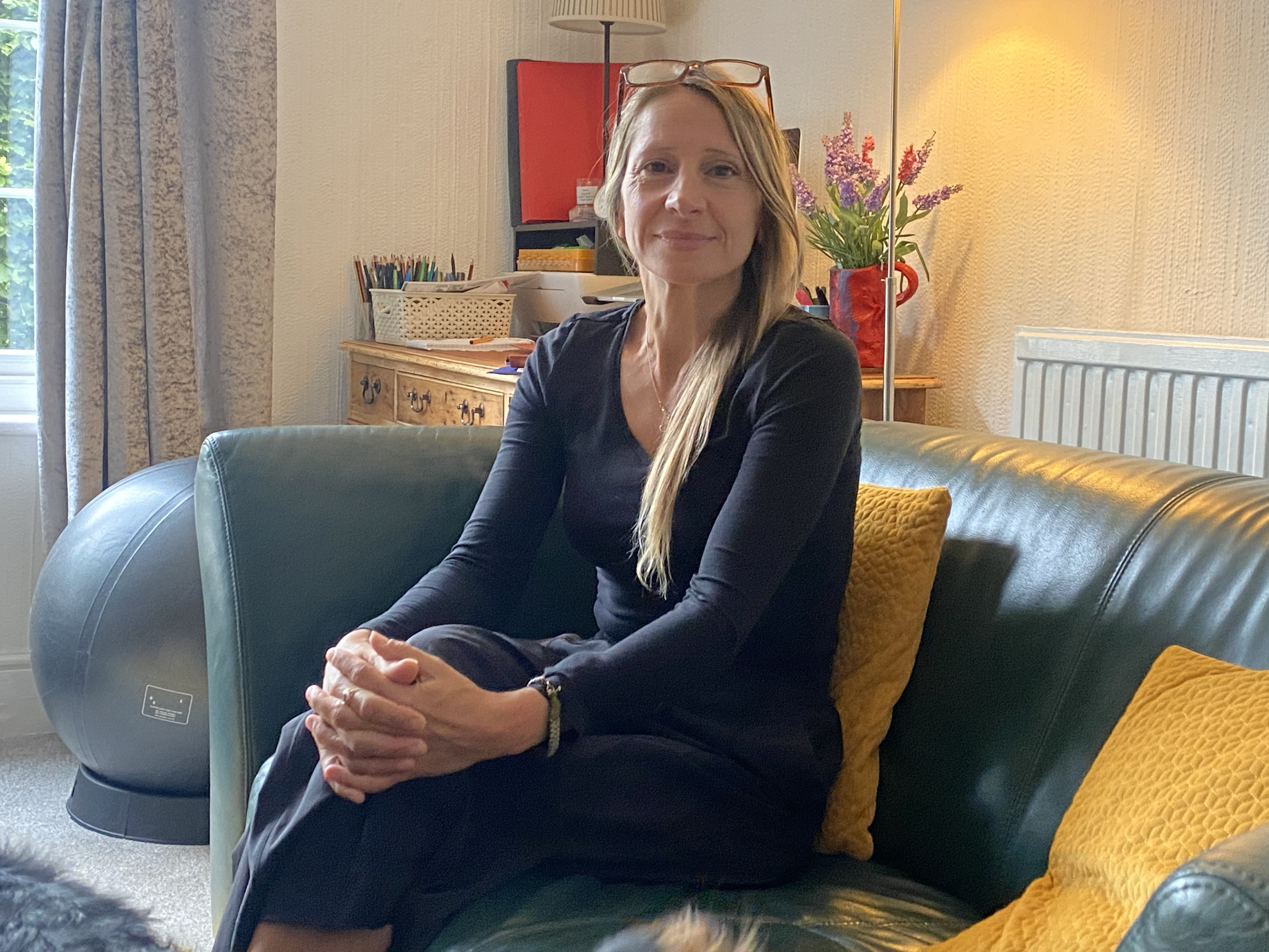Mind
Our visual mind can be creative, imaginative, symbolic, expressive, re-enforcing, rehearsing, revealing, imprinting & inspiring. Our verbal minds express sounds of feelings, inform others of moods, emotions, pain and communicates perspectives, beliefs, explanations, debate, identity, & inquiry. Both visual and verbal minds helps us to relate to others; it is a baseline survival skill. Neuroscience studies by Lieberman et. al. (2007) and Vago and Silbersweig (2012) have found that labeling our feelings reduces activation in the amygdala, our brain's alarm system that triggers the fight-or-flight reaction. 11 Jun 2019
Communication & connection can lead to improvements in several subjective areas, including self-esteem, self-awareness, optimism, problem solving, & strengthening interpersonal relationships in matters such as intimacy & reciprocity. Good communication skills also include the ability to actively listen, to hold one’s space, with quiet mind, in order to allow for the words from others to be heard. This is where talking therapies excel.
Deborah Young
Counsellor
A warm welcome to you. I am a qualified, experienced counsellor and a registered member of the British Association for Counselling and Psychotherapy (MBACP).
My counselling services are face to face, online (Zoom) and via telephone support.
As a trained integrative counsellor, I work by blending relevant theories and interventions, tailored to suit the needs of my clients. I adhere to the BACP ethical framework for the counselling profession. I offer an initial 30 minutes free consultation to give you the opportunity to ask questions about my counselling practice and for me to gauge how I may be of support. If you decide to progress, I offer regular weekly/fortnightly and adhoc sessions long and short term, with times and days to suit individual needs.
In this climate of uncertainty and change, many lifestyles have been rocked causing a wellness wobble; amplifying anxieties and fears; triggering feelings of overwhelm, depression, isolation and loneliness, which, can make dealing with everyday life even more difficult. Having a counsellor to turn to, may be the additional support to help you through this challenging time.
As a neurodiverse affirming therapist, alongside my personal lived experience, I understand the importance of supporting the neurodivergent community within the counselling field. Inclusively, my counselling support reaches out to families; across the generations and the vast spectrums of abilities and disabilities.
My pathway into counselling and my passion to support others was primarily guided by my autistic son. Both my son and my dyslexic daughter, are my educators, mentors and inspiration who have enhanced and informed my own personal growth and development. I recognise there are magnified areas of challenges, greater obstacles, complex interactions, heightened anxieties and behaviours which may have significantly impacted on the individual, siblings, care givers and families. This experience underpins and informs my counselling practice, but is not limited to specific conditions or diagnoses. I have many years of experience with a wide range of clients; adults and young people (over the age of 16) with varying needs and difficulties which impacts on their daily lives and becomes even harder to navigate as life unfolds.
You are important, you are the expert of you, and the right type of support can help to make the difference and support you in your self discovery.



Qualifications & Experience
Qualifcations
BSc (Hons) Integrative Counselling & Psychotherapy - Roehampton University.
Pathological Demand Avoidance PDA/ASD consultant & Training
Forest School Practitioner Level 3
Access to Higher Education Diploma in Counselling - Guildford College
National Autistic Society, Early Bird Programme - Surrey
National Autistic Society Parent to Parent service training - London
Teaching Assistant Certificate - Guildford
Experience
Counselling: face to face / walk & talk / telephone / online (Zoom, FaceTime, TeamMeet).
Counselling adults & young people (16+) in areas of: Loss and bereavement, anxiety, family issues, anger management, loneliness, low self-esteem, depression, shame, guilt, stress.
Counselling adults & young people (16+) with learning disabilities / Autism / PDA / ADHD / ADD / Bipolar
Life after diagnosis & living with a label.
Specialising in the autism spectrum & supporting individuals/families & siblings.

